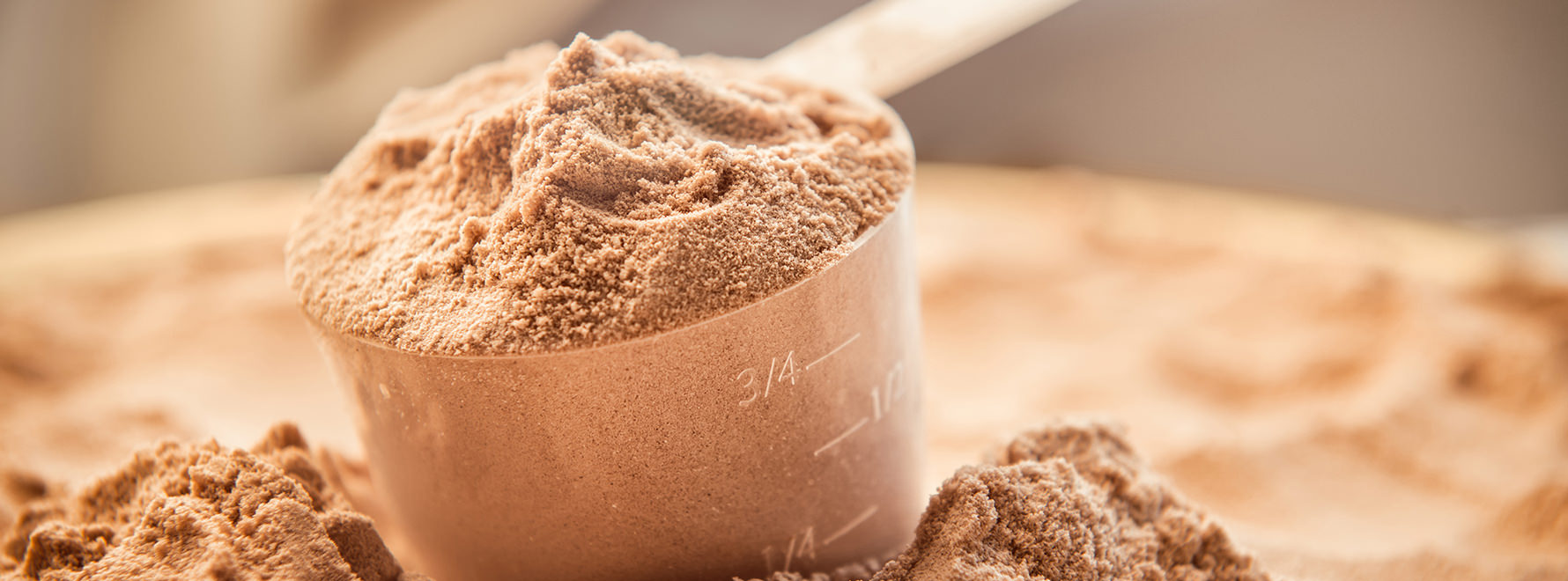Spot-On: How much protein does an endurance athlete need to optimally recover after exercise?

- How much protein does an endurance athlete need to optimally recover after exercise?
- Based on a recent article by Churchward Venne et al., published in May 2020
- TITLE: ‘Dose-response Effects of Dietary Protein on Muscle Protein Synthesis During Recovery From Endurance Exercise in Young Men: A Double-Blind Randomized Trial’
- DOI link: https://doi.org/10.1093/ajcn/nqaa073
What did this study look at?
It is well known that post exercise intake of protein stimulates muscle protein synthesis. Consistent protein ingestion after a weight training session maximally stimulates muscle hypertrophy at a dose of ~30 -40g, depending on the type of protein ingested. But how much protein is needed to optimize muscular recovery following an endurance training session?
In order to find an answer to this question the research group of Luc van Loon at Maastricht University looked at the effect of different doses of protein intake after a 90-min submaximal cycling bout. All recovery shakes contained 45g of carbohydrates combined with either 0, 15, 30 or 45g of milk protein.
By using radioactive tracers they measured the effect of the different recovery drinks on muscle protein synthesis during 6h after the exercise bout. But they differentiated between the effect on myofibrillar protein versus mitochondrial protein synthesis. Myofibrillar protein forms the structure of the muscle contractile apparatus, and drives muscle force and power production. Mitochondrial protein is pivotal in oxidative energy production via mitochondria in the muscle cells during prolonged exercise.
What did the study show?
The study showed that 30g of protein ingestion produced a maximal stimulation of myofibrillar protein synthesis during the recovery period. Conversely, the ingestion of protein did not stimulate mitochondrial protein synthesis beyond the effect obtained by the ingestion of only carbohydrates.
What is the importance of this finding for sports performance?
Carbohydrate and protein co-ingestion is important to muscle repair and recovery after endurance exercise. The combination of protein and carbohydrates facilitates rapid repletion of muscle glycogen, which is the primary fuel for high-intensity endurance exercise.
The current ‘spot-on’ study shows that within such protein carbohydrate mixture, which reflects a typical recovery shake, a total milk protein load of 30g (~0.4g per kg body eight) is ample to elicit maximal rate of muscle protein synthesis following endurance exercise. Higher rate of protein intake is unlikely to yield any benefit to the athlete. Therefore, when the recovery time to the next endurance training session or competition is short, ingesting extra carbohydrates to stimulate muscle glycogen resynthesis is definitely a better option than ingesting ‘useless’ calories in the form of extra protein (>30g), especially in the context of weight management.


